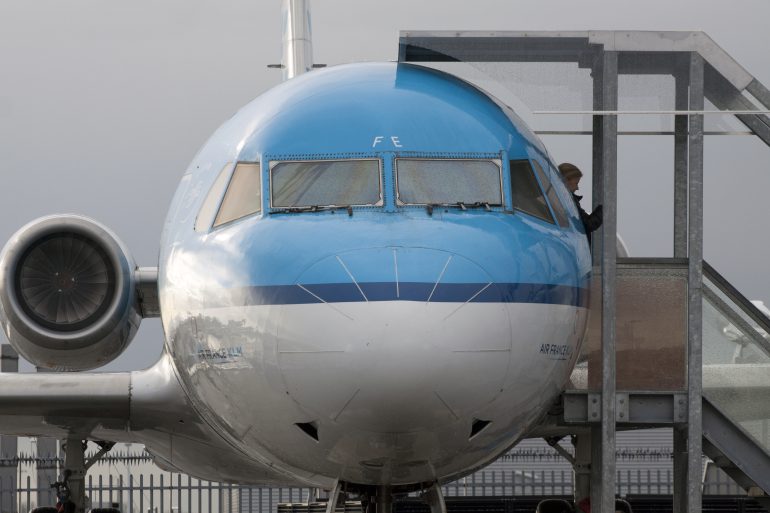In early 2020, everyone around the world, willingly or unwillingly, went into isolation, quarantining themselves in their homes, states and countries. Travel plans, whether business or leisure, were cancelled for the foreseeable future and the industry affected the most by it was aviation. The longer the planes stayed on the ground, the harder it became for the airlines to sustain themselves.
Some companies though, were luckier than the others – one of them being the Dutch airlines, KLM. Like many other airlines, KLM came pretty close to bankruptcy. Thankfully, it was able to borrow a total of 942 million euros from the Dutch state and a group of banks. The airline has remarkably managed to pay off its debts in record time. In May and early June this year, KLM paid off 311 million and 354 million euros to lending banks, and by the end of June, the 277 million euros borrowed from the Dutch state were transferred to The Hague as well.
Money with strings attached
Although the government helped KLM willingly and even acted as a guarantor for 90% of the loans from banks, the money did come with strings attached. In exchange for the financial support, the Dutch government imposed certain conditions:
- As long as KLM receives financial support, no bonuses and dividends will be paid.
- KLM maintains the quality of the network from Schiphol.
- KLM will reduce the number of night flights from 32,000 to 25,000.
- KLM will reduce CO2 emissions by 50% per passenger kilometre by 2030.
- From 2030, 14% of KLM’s fuel will be sustainable.
- Wages for higher-paid KLM staff will be reduced by 5 to 20%; the strongest shoulders will bear the heaviest burden.
KLM was initially promised a financial support package of 3.4 billion euros, which would stay in effect until 2025. And even though the company has managed to pay back its Covid loan relatively quickly and claims to have enough financial means for the coming years, due to the ongoing international conflicts, rising costs, continuing pandemic and high inflation, the airline does not want to cancel the aid package. This means it will have to continue to meet the state’s conditions. However, the company already managed to upset Minister of Finance Sigrid Kaag this spring, by raising wages by 5 percent.
Why is KLM so important?
It’s common knowledge that KLM enjoys certain privileges and liberties extended to it by the Dutch government. To any outsider, it might seem unreasonable or even a bad investment to keep pumping money into a business that keeps getting into financial trouble. However, KLM is not just another airline, but a flagbearer for the Netherlands. The company was started in 1919 by eight wealthy Dutch industrialists and was awarded the title ‘Royal’ by Queen Wilhelmina, even before it was founded. The official full name of the airline is KLM Royal Dutch Airlines – which in itself should say enough about its importance to the state. However, there is more to it than just the sentimental value.
Not only is the Dutch government a shareholder in the Air France-KLM, holding an impressive 9.3% of the shares, but it is also important for the national government to have a say in decisions about KLM. The Netherlands enjoys an open economy and therefore it’s important for the country to maintain a connection with the rest of the world via Schiphol and KLM. Together the airport and the airline provide thousands of jobs. KLM is also the biggest user of Schiphol Airport. This network also makes the Netherlands an alluring place for foreign businesses, thus attracting capital to the country and providing jobs.
On average, KLM has a brush with bankruptcy once every decade. But the state has come to its aid time and again and the blue wings are kept in the air at all costs.
Written by Priyanka Sharma
